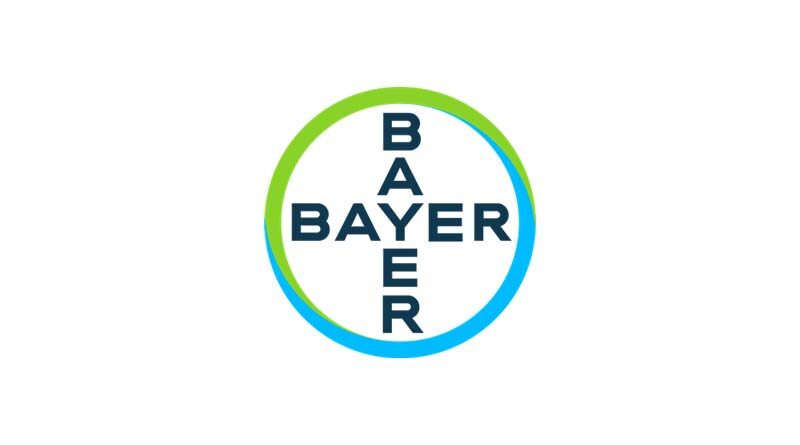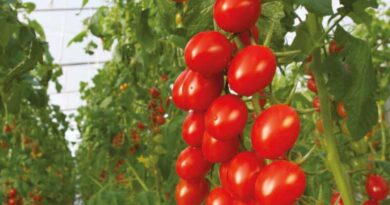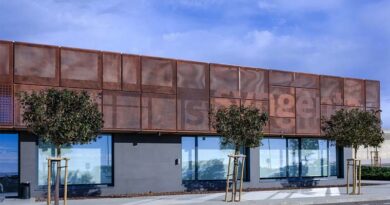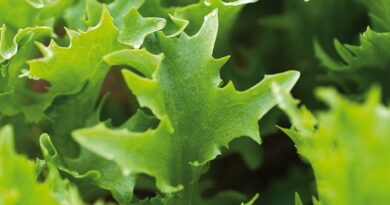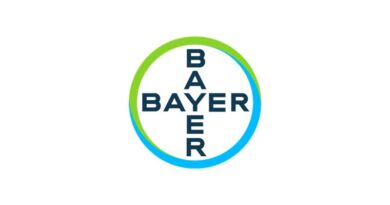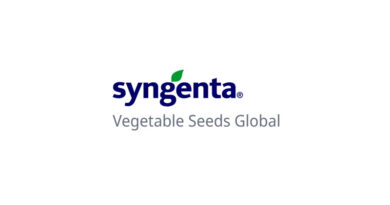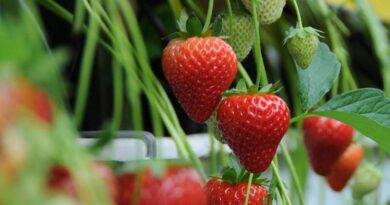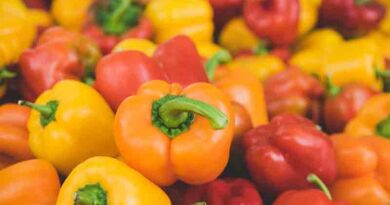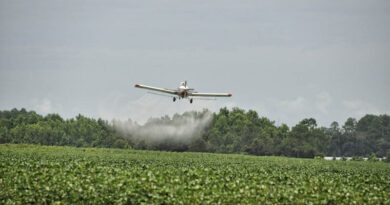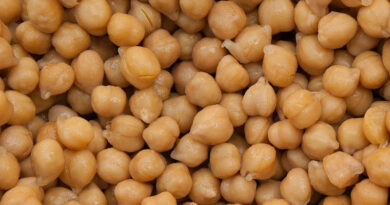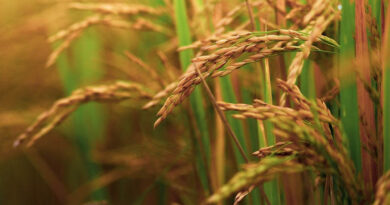Bayer to speed global development of vegetable seeds varieties at expanded R&D Center in Spain
26 October 2021, Germany: Bayer signals its commitment to delivering high quality cucumber, melon, pepper and eggplant seeds faster to growers around the world with the announced expansion of its Vegetable Seeds R&D Product Design Center in San Nicolás, Spain. The San Nicolás site supports Bayer’s global vegetable seeds R&D pipeline for varieties sold to customers in more than 130 countries and territories under the Seminis® and De Ruiter® brands, both united under Vegetables by Bayer.
“By using advanced breeding techniques that help speed up the time to market for new varieties, we’re helping growers respond to unexpected challenges of today and into the future,” said Inci Dannenberg, Head of Global Vegetable Seeds at Bayer. “Our customers and value chain partners can’t afford to wait around for solutions to new disease pressures, unpredictable weather patterns or rapidly changing market demands.”
With the largest investment in research and development in the industry, Bayer began the €5.1 million expansion of the Product Design Center in September 2019. The expansion includes a multifunctional R&D facility for cell biology, laboratories, cell culture rooms, climate-controlled chambers, and plans to develop a high-tech greenhouse space. It also allows for a three-fold increase in capacity for innovative doubled haploid (DH) production methods.
Delivering quality seeds faster for growers, sustainably
DH technology is a valuable tool that shortens breeding cycles, improves consistency in product quality, and can accelerate commercial hybrid seed introductions by up to four years. The use of dihaploids as part of the breeding process can reduce the time needed to deliver solutions to growers by half. In addition to developing material sooner for product development and trialing, DH also provides consistency in product quality, a key factor for grower success given the diverse conditions they face around the world.
“What’s really exciting is that we are growing our pipeline without growing our footprint. Our innovation in plant breeding and cell biology can increase value for growers while decreasing greenhouse gas emissions and reducing environmental impact in both the breeding process and in the field,” said J.D. Rossouw, Head of Bayer’s Vegetables R&D. “Bayer plans to further invest in San Nicolás over the next few years as part of a second phase expansion, which will enable us to boost DH capabilities nearly six-fold by 2023.”
The San Nicolás site is a key component of a holistic strategy to accelerate the design of novel genetic combinations and produce high quality doubled haploid plants at scale. This Product Design approach within vegetable breeding enables the incorporation of cutting edge technologies including genomics, cell biology, artificial intelligence, robotics, and imaging to better design products for growers and consumers. San Nicolás is one of more than 30 best-in-class vegetable R&D sites around the world and one of four Product Design Centers located in key vegetable producing regions including the Netherlands, Guatemala, and California.
Meeting unique and changing consumer preferences
Bayer’s investment in its vegetables R&D pipeline reflects not just the changing needs of growers and the value chain but also those of global and diverse consumers. As one of the world’s leading producers of vegetable seeds, Bayer provides growers worldwide with best-in-class seeds and solutions addressing consumers’ needs for healthy nutrition and ensuring supply for a stable food value chain.
The San Nicolás announcement comes as the United Nations celebrates the International Year of Fruits and Vegetables in 2021, which aims to raise awareness around ways to promote increased consumption of fruits and vegetables across the value chain.

